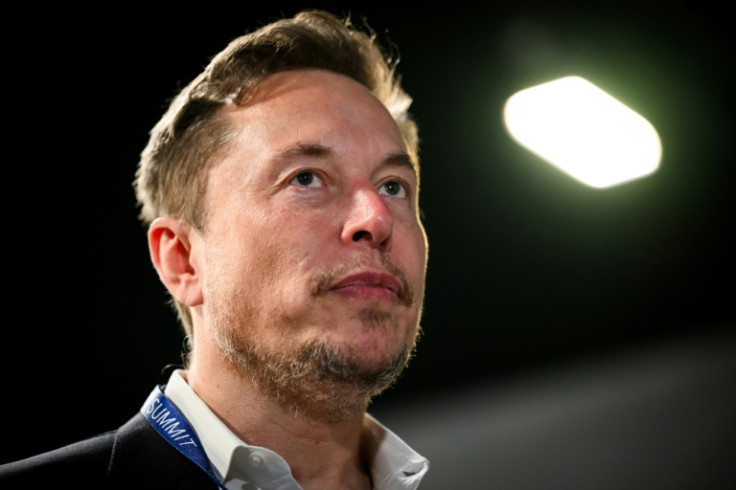Elon Musk, Harsh Critic Of Migrants, Worked In The US Illegally: Report
He's been called 'X's biggest promoter of anti-immigrant conspiracies'

South African-born billionaire Elon Musk — recently dubbed "X's biggest promoter of anti-immigrant conspiracies" — worked illegally in the U.S. while building a startup tech company during the 1990s, according to a report.
The Washington Post said Saturday that Musk arrived in Palo Alto, California, in 1995 to pursue a graduate degree at Stanford University but never enrolled and instead began building the company that became Zip2, which sold for about $300 million in 1999.
Legal experts told the Post that abandoning his studies meant Musk, now the world's wealthiest person, didn't have a legal basis to remain in the U.S.
"If you do anything that helps to facilitate revenue creation, such as design code or try to make sales in furtherance of revenue creation, then you're in trouble," immigration lawyer and former Justice Department official Leon Fresco told the newspaper.
Neither Musk, his lawyer Alex Spiro, nor the manager of his family office responded to emails seeking comment, the Post noted.
But following publication of the report, Musk used his social media company X to repost a unattributed chart that purports to show the Biden administration "created a program where up to 2x as many 'Inadmissible' Alien Haitians are flown into the interior of the USA than there are babies born in the entire state of Ohio."
"Big numbers," Musk wrote.
The Post's report came two days after Bloomberg said it conducted an analysis that showed Musk, a big-spending supporter and campaign surrogate for former President Donald Trump, has posted more than 1,300 messages about immigration and voter fraud this year, including more than 330 posts in the past two months.
They include repeatedly accusing Democrats of "importing voters" and jokingly amplifying Donald Trump's unfounded claim that Haitian migrants in Ohio were eating dogs and cats.
Bloomberg also said Musk's posts generally don't get flagged by X's fact-checking system, even if they're demonstrably false, and it said he was "now X's biggest promoter of anti-immigrant conspiracies."
Musk, 53, has never acknowledged working illegally in the U.S., although he quipped at a 2013 conference about having been in a "gray area" early in his career, the Post said.
Musk also claimed during a 2020 podcast to have obtained a "student-work visa" after deferring his studies at Stanford, saying: "I was legally there, but I was meant to be doing student work," according to the Post.
"I was allowed to do work sort of supporting whatever," he reportedly said.
Musk obtained Canadian citizenship through his mother and didn't need a visa to study in the U.S., and foreign students enrolled in U.S. degree programs can seek authorization to work part time for limited periods, according to the Post.
But if Musk wasn't carrying a full course load at Stanford "he wasn't maintaining his status" and "that would have been a violation," lawyer Adam Cohen, author of "The Academic Immigration Handbook," told the Post.
Musk became a naturalized U.S. citizen in 2002, according to multiple reports.
During the 2013 conference, Musk's younger brother, Kimbal Musk, who worked with Elon Musk at the company that became Zip2, described the two of them as "illegal immigrants," the Post said.
Kimbal Musk also said during a 2021 interview that "I tried to get a visa, but there's no visa you can get to do a startup," according to the Post.
"I was definitely illegal," he said.
© Copyright IBTimes 2025. All rights reserved.



















